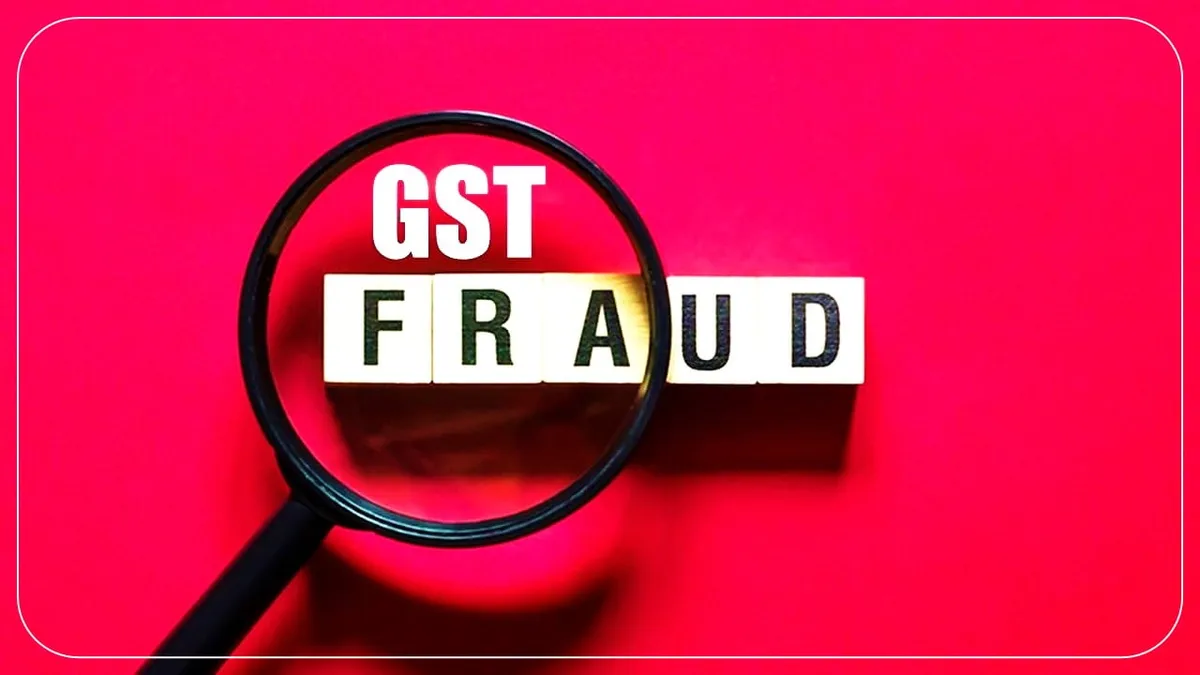A sprawling ₹800 crore GST fraud built on 135 fake firms and 14,000+ fraudulent invoices has rocked Jharkhand and West Bengal. The Enforcement Directorate has arrested four businessmen, including the alleged mastermind Shiv Kumar Dewda, and frozen bank accounts tied to the operation. This case reveals the dark underbelly of India’s invoice racket industry.
Fake Firms, Real Profits: Anatomy of the GST Scam
In one of the largest tax evasion crackdowns in recent times, the Enforcement Directorate (ED) has uncovered a network of 135 shell companies used to generate ₹14,325 crore worth of fake invoices, ultimately leading to ₹800 crore in GST evasion.
At the center of the operation is Shiv Kumar Dewda, a Kolkata-based businessman identified by investigators as the mastermind. According to the ED, Dewda and his associates created dozens of dummy firms across Jharkhand and West Bengal, enabling them to fraudulently claim massive Input Tax Credit (ITC) through non-existent transactions and fake invoices.
Using this modus operandi, the group siphoned off crores in tax benefits, diverting public revenue into private profit. Investigators have seized ₹60 lakh from 10 bank accounts linked to these shell entities.
ALSO READ: FCRF Launches Campus Ambassador Program to Empower India’s Next-Gen Cyber Defenders
The Key Players and Their Phantom Empires
Four people have been arrested in the case so far:
- Shiv Kumar Dewda, alleged mastermind, currently in ED custody
- Vicky Bhalotia, Jugsalai-based businessman from Jamshedpur
- Mohan Dewda and Amit Gupta, both from Kolkata
All three—except Shiv Kumar—are presently lodged in Birsa Munda Central Jail, Ranchi under judicial custody.
The ED discovered that Dewda alone operated seven paper companies, fraudulently claiming ₹55.83 crore in ITC. His associates, including Amit and Mohit Gupta, ran six fake firms and claimed ₹47.51 crore. Bhalotia, operating out of Jamshedpur, was found to have used six similar shell entities to claim ₹15.95 crore in fake credits.
Each of the accused also played the role of director in multiple shell companies, further complicating the fraud’s paper trail and obfuscating regulatory oversight.
The Crackdown and What Comes Next
The ED launched search operations across Ranchi, Jamshedpur, and Kolkata on May 7 and 8, recovering mobile phones, digital evidence, and incriminating documents. These raids confirmed the creation of layered company structures designed to deceive tax authorities.
This case has exposed glaring weaknesses in the GST ecosystem’s ability to detect and prevent invoice manipulation—especially when operated across state lines with digital footprints and circular transactions.
As forensic audits and interrogation of the accused continue, authorities expect more arrests and seizures, hinting at a broader network involving hawala routes and professional enablers.



